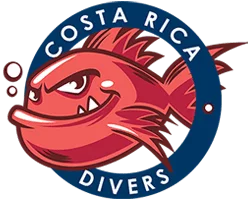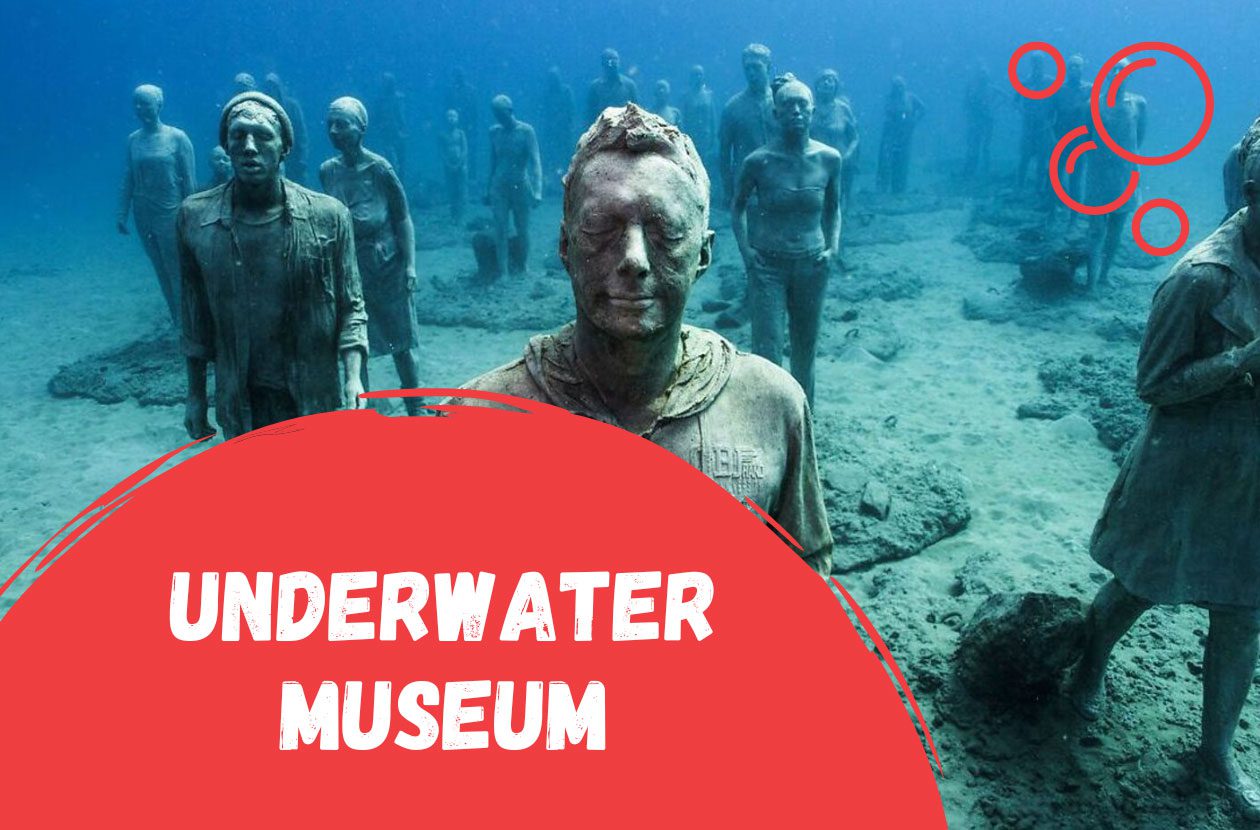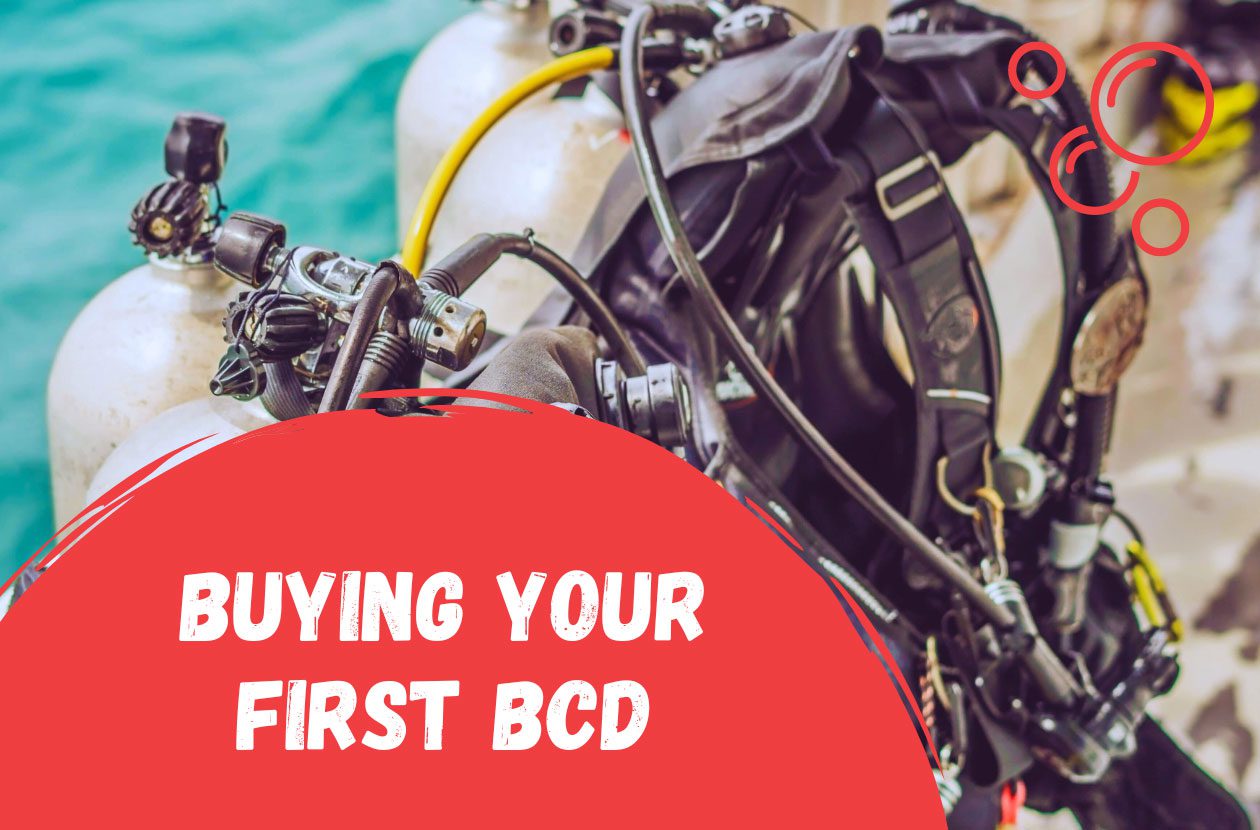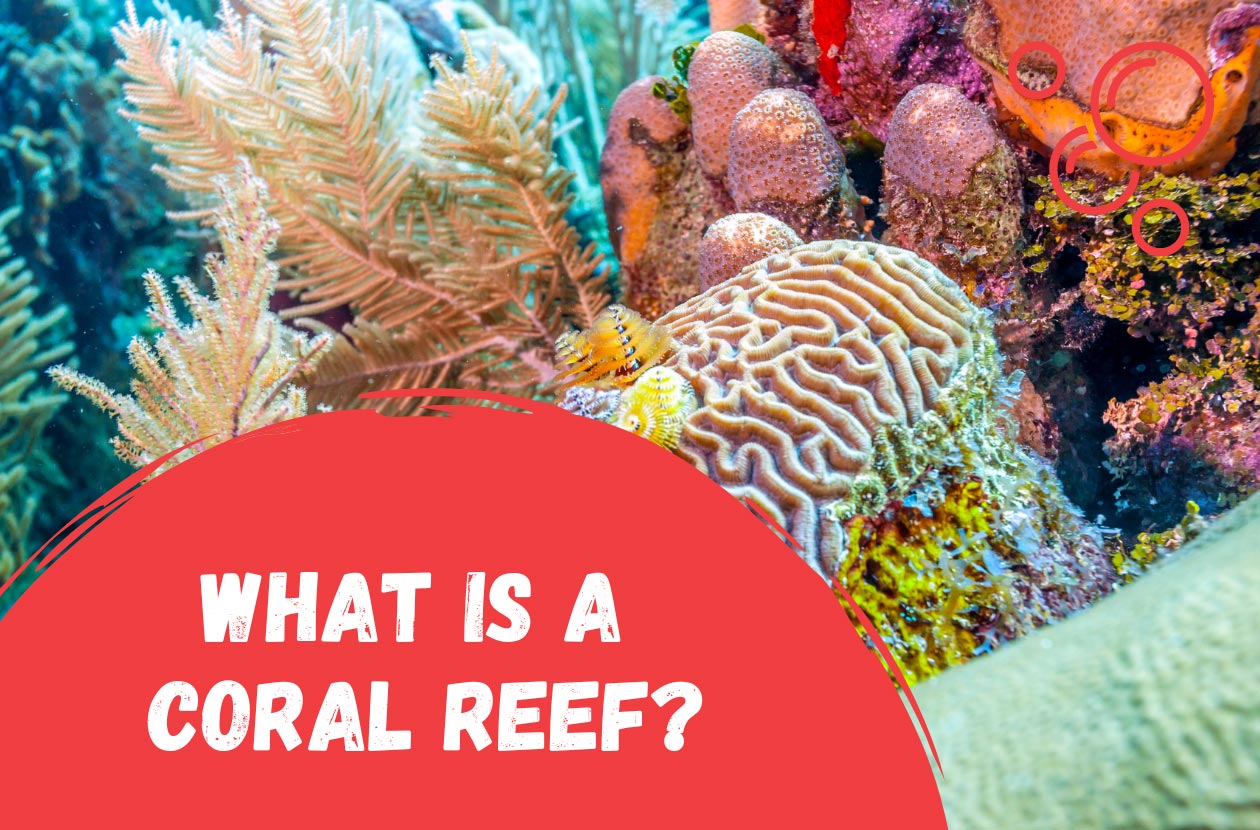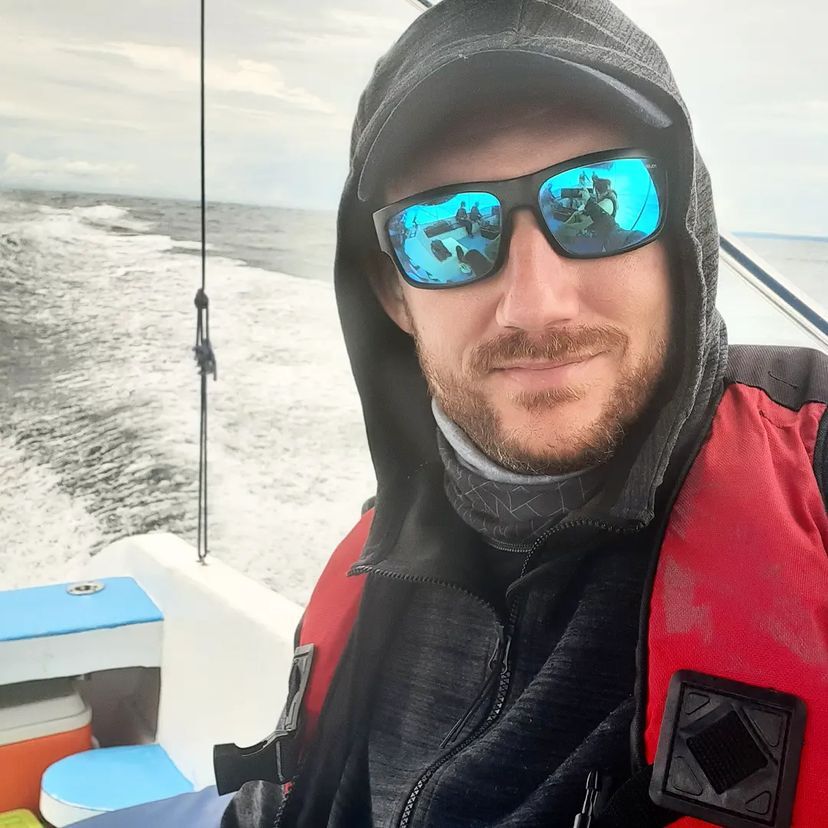When it comes to exploring the underwater world, there are two popular options that enthusiasts often consider: scuba diving and snorkeling. Both activities provide unique opportunities to observe marine life and immerse oneself in the beauty of the ocean. In this article, we will compare and contrast scuba diving and snorkeling, highlighting their differences, advantages, and the experiences they offer. Whether you are a beginner or an experienced water enthusiast, understanding these two activities will help you make an informed decision about which one suits you best.
Table of Contents
Scuba Diving vs Snorkeling
So who can win in the scuba diving vs snorkeling fight? Both activities provide opportunities to witness the beauty of marine life, vibrant coral reefs, and underwater ecosystems. While they share similarities, scuba diving and snorkeling differ in terms of depth, equipment, training, and overall experience. Whether you’re a beginner or a seasoned water enthusiast, understanding the distinctions between scuba diving and snorkeling is crucial in choosing the activity that best suits your preferences and interests. In this article, we will delve into the exciting realm of scuba diving and snorkeling, comparing and contrasting these two underwater adventures to help you make an informed decision about your next aquatic exploration.
What is Scuba Diving?
Scuba diving is an underwater activity that allows participants to explore the depths of the ocean for extended periods. The term “scuba” stands for Self-Contained Underwater Breathing Apparatus, which refers to the equipment divers use to breathe underwater. Scuba divers wear a dive mask, a wetsuit or drysuit, fins, and carry a tank of compressed air on their backs. This equipment enables them to venture deep below the surface and experience the underwater world in all its glory.
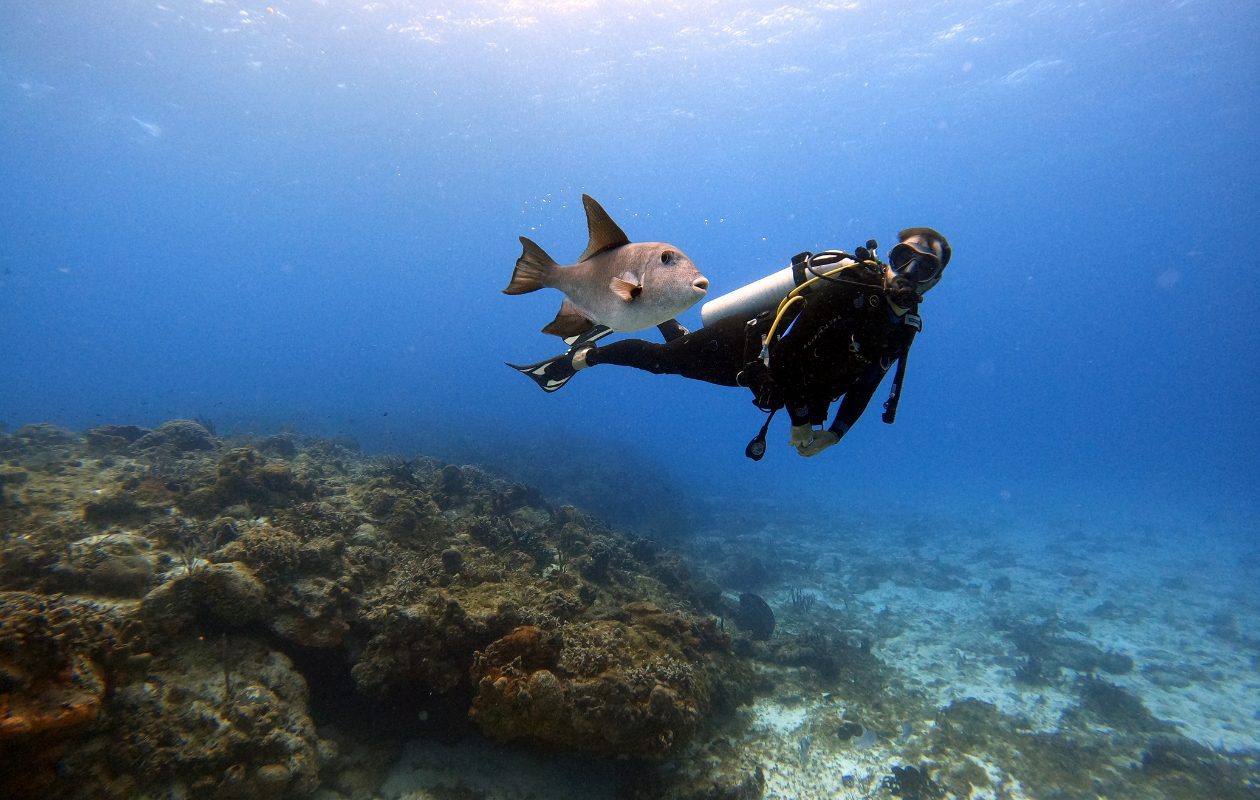
Is scuba diving dangerous?
Scuba diving, like any adventurous activity, carries inherent risks that need to be taken seriously. While scuba diving can be a safe and enjoyable experience when proper precautions are followed, it is important to acknowledge and address the potential dangers. Factors such as depth, currents, marine life encounters, equipment malfunctions, and human error can contribute to the risks associated with scuba diving.
However, with comprehensive training, adherence to safety guidelines, and proper equipment maintenance, the risks can be minimized. Obtaining certification from recognized diving organizations, diving with a buddy, and continuously updating skills and knowledge are essential steps in ensuring a safe scuba diving experience. By taking these precautions, divers can mitigate the risks and enjoy the wonders of the underwater world with confidence.
What is Snorkeling?
Snorkeling, on the other hand, is a water activity that involves swimming near the surface of the water while wearing a snorkel — a breathing tube that extends above the water. Snorkelers typically use a mask to see underwater and fins to aid in swimming. Unlike scuba divers, snorkelers do not carry tanks or dive deep below the surface. Snorkeling offers a glimpse into the underwater realm without the need for extensive training or specialized equipment.
Can anyone go snorkeling?
Snorkeling is an activity that can be enjoyed by most individuals, regardless of their swimming ability. Unlike scuba diving, snorkeling does not require extensive training or certification. Basic swimming skills and comfort in the water are advisable, as you will be floating on the surface while observing the underwater world. Snorkelers wear a snorkel, which is a breathing tube that extends above the water, allowing them to breathe while keeping their face submerged.
Along with a snorkel, a mask and fins are commonly used to enhance visibility and swimming efficiency. With these basic pieces of equipment and a sense of adventure, almost anyone can participate in snorkeling and explore the beauty of coral reefs, tropical fish, and other marine life found in shallow waters.
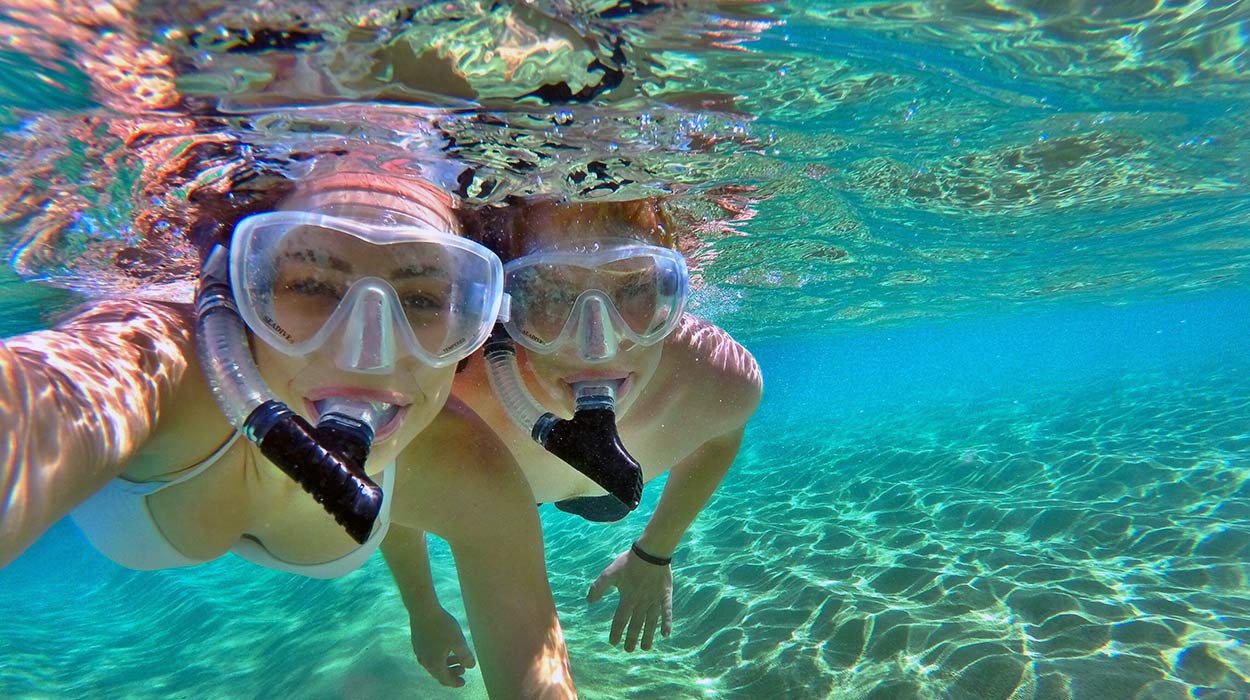
Scuba Diving vs Snorkeling – Key Differences
While both scuba diving and snorkeling allow individuals to explore the underwater world, they differ significantly in several aspects:
1. Depth and Duration: Scuba diving allows for deeper descents and longer periods underwater, whereas snorkeling is limited to the surface and shorter durations.
2. Equipment: Scuba diving requires complex equipment, including a tank, regulator, and buoyancy control device. Snorkeling, requires only basic gear like a snorkel, mask, and fins.
3. Training: Scuba diving requires certification and proper training to ensure safety. Snorkeling, on the other hand, can be enjoyed by almost anyone without formal training.
4. Experience: Scuba diving offers a more immersive experience, allowing divers to explore intricate coral reefs, encounter marine life up close, and dive into deep-sea wrecks. Snorkeling provides a surface-level experience, ideal for observing shallow reefs and vibrant fish species.
5. Cost: Scuba diving tends to be more expensive due to equipment, training, and dive site expenses. Snorkeling is relatively more affordable as it requires minimal equipment.
6. Physical Demands: Scuba diving can be physically demanding, requiring proper fitness and exertion. Snorkeling is generally less physically taxing and suitable for individuals of various fitness levels.
Equipment Requirements
Scuba diving and snorkeling necessitate different equipment based on the nature of the activity. Scuba divers rely on a comprehensive set of gear that includes a dive mask, wetsuit or drysuit, buoyancy control device (BCD), regulator, tank, fins, and weights. On the other hand, snorkelers require a snorkel, mask, and fins, which are relatively simpler and less cumbersome. The equipment for both activities is designed to enhance safety, comfort, and underwater visibility.
Do I need to buy my own scuba diving equipment?
While it is not necessary to buy your own scuba diving equipment, many divers choose to invest in their personal gear for comfort, familiarity, and hygiene reasons. Scuba diving equipment can be rented from dive centers or resorts, especially for those who are occasional divers or just starting their diving journey. Renting equipment allows you to try different brands and types of gear without the commitment of purchasing.
Underwater Experience
Scuba diving provides a unique opportunity to explore the depths of the ocean and witness a diverse range of marine life up close. With the ability to descend to greater depths and stay submerged for longer durations, scuba divers can experience the serenity and tranquility of the underwater world in a way that snorkelers cannot. Snorkeling, however, offers a more accessible and casual experience, allowing individuals to observe colorful coral reefs and marine creatures from the surface of the water.
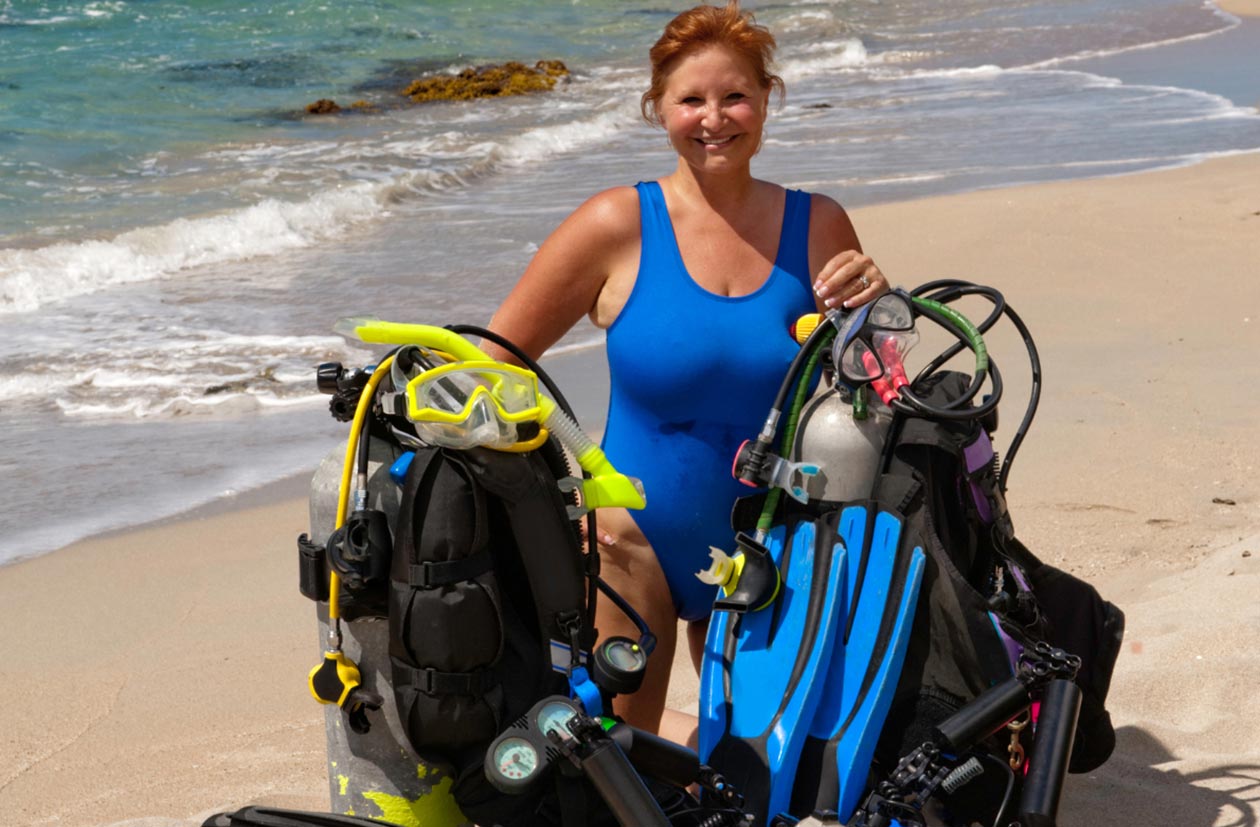
Accessibility and Training
Scuba diving requires proper certification and training from recognized diving organizations to ensure safety and competence. Aspiring divers must undergo classroom sessions, confined water training, and open-water dives to obtain their certification. Snorkeling, on the other hand, does not require formal training or certification. Almost anyone can participate in snorkeling with minimal instruction, making it a more accessible activity for beginners and non-divers.
Safety Considerations
Scuba diving involves certain risks that need to be carefully managed. Divers must adhere to safety protocols, monitor their air supply, and be trained in emergency procedures. Snorkeling, although generally considered safer, still requires basic swimming skills and awareness of the surrounding environment. Both activities necessitate understanding water conditions, weather patterns, and marine life behaviors to ensure a safe and enjoyable experience.
Destinations and Dive Sites
Snorkeling and scuba diving offer diverse options for exploration around the world. Scuba divers can venture to renowned dive sites such as the Great Barrier Reef in Australia, the Maldives, or the Malta and Gozo, which offer breathtaking underwater landscapes and unique marine ecosystems. Snorkelers can enjoy beautiful coral reefs in tropical destinations like Hawaii, the Caribbean, and the Philippines, where vibrant marine life can be observed close to the water’s surface.
What is the best time for scuba diving or snorkeling?
The best time of year for scuba diving or snorkeling can vary depending on the destination and specific factors such as weather conditions, water temperature, and marine life patterns. In general, popular diving and snorkeling destinations have different peak seasons that offer optimal conditions for underwater exploration.
For tropical destinations, such as those found in the Caribbean or Southeast Asia, the high season for diving and snorkeling typically aligns with the dry season. This is when the weather is more stable, with calm seas and good visibility. These favorable conditions often occur during the winter months, making it an ideal time to visit for underwater activities.
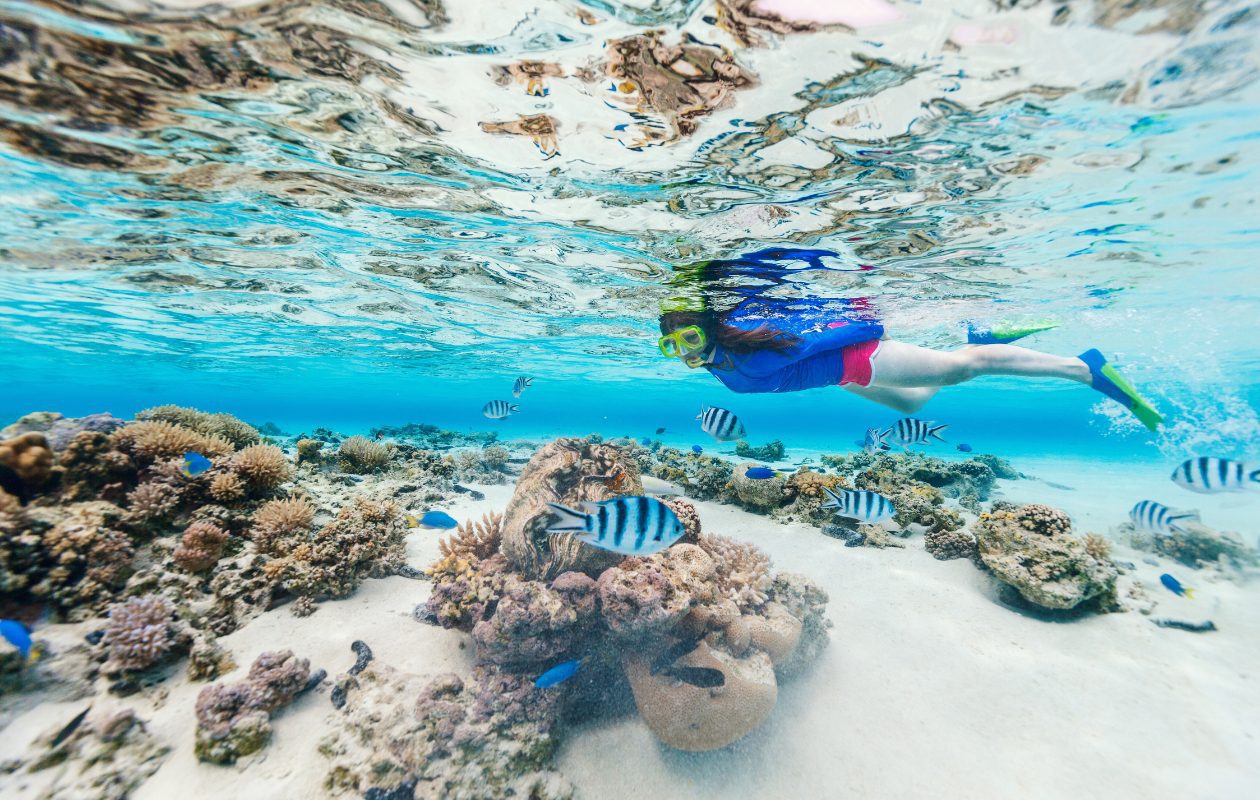
Scuba Diving vs Snorkeling – Cost Comparison
The cost of scuba diving and snorkeling can vary significantly. Scuba diving involves expenses related to certification courses, equipment rental or purchase, dive trips, and accommodation. Snorkeling, on the other hand, is relatively more affordable as it requires minimal gear and can be enjoyed in various accessible locations. The overall cost for both activities depends on factors such as location, duration, equipment quality, and additional services.
Health and Physical Considerations
Before engaging in scuba diving or snorkeling, individuals should consider their health and physical capabilities. Scuba diving requires a certain level of physical fitness and the ability to handle the equipment. It is important to consult with a qualified medical professional and complete a diving medical questionnaire to ensure diving is safe for your specific health conditions. Snorkeling, being less physically demanding, can be enjoyed by individuals of varying fitness levels, but it is still advisable to assess personal health conditions before participating.
Can I wear glasses or contact lenses while snorkeling or scuba diving?
For snorkeling, wearing glasses or contact lenses can be challenging as the snorkel mask creates a seal around the eyes, which can prevent glasses from fitting properly. Contact lenses may be an option, but it’s important to consider potential risks such as losing them in the water or irritation from saltwater or chlorine. Alternatively, some snorkel masks are designed to accommodate prescription lenses that can be customized to your specific vision requirements. These prescription masks allow you to see clearly underwater without the need for glasses or contact lenses.
When it comes to scuba diving, prescription masks are also available. These masks can be fitted with prescription lenses, allowing you to enjoy optimal vision while exploring the underwater world. Another option is to wear contact lenses while scuba diving, but it’s essential to consult with your eye care professional to ensure they are suitable for use in underwater environments. You can read more about it in our article on: Can I Wear Glasses or Contact Lenses While Scuba Diving?
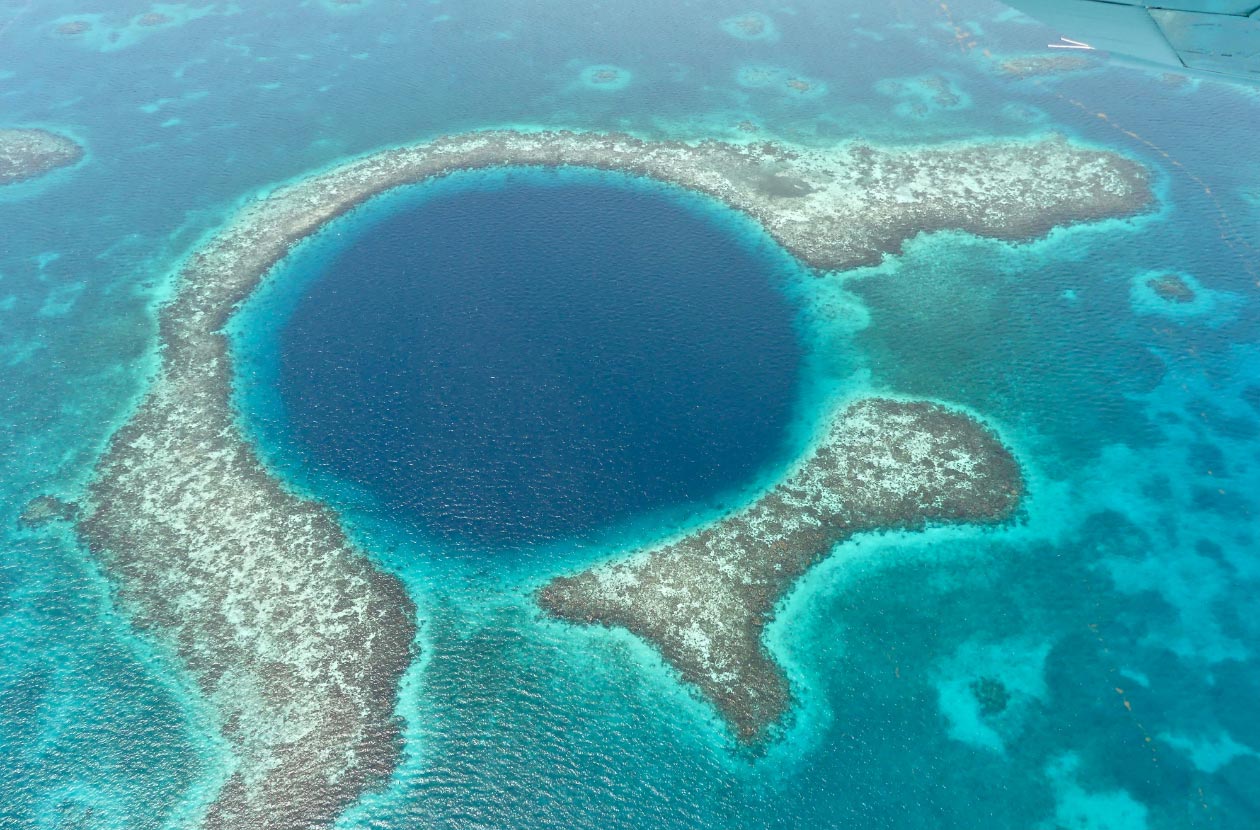
Environmental Impact
Both scuba diving and snorkeling activities can have an impact on the marine environment if not conducted responsibly. Divers and snorkelers should prioritize sustainable practices, such as avoiding contact with marine life, not touching or damaging coral reefs, and refraining from littering. Following established guidelines and respecting the marine ecosystem helps ensure the preservation and protection of underwater habitats for future generations to enjoy.
Choosing Between Scuba Diving vs Snorkeling
The choice between scuba diving and snorkeling ultimately depends on personal preferences, fitness level, budget, and desired level of immersion in the underwater world. If you are seeking a more in-depth exploration of the ocean’s depths, the ability to observe marine life up close, and are willing to invest time and resources in training and equipment, scuba diving may be the ideal choice. On the other hand, if you prefer a more relaxed and accessible experience, observing vibrant coral reefs from the surface, and don’t wish to undergo extensive training, snorkeling can offer a fulfilling underwater adventure.
Scuba Diving vs Snorkeling – let’s recap
In conclusion, both scuba diving and snorkeling offer unique opportunities to explore the underwater world and witness the beauty of marine life. Scuba diving provides a more immersive and comprehensive experience, while snorkeling offers a simpler and more accessible introduction to underwater exploration. Consider your preferences, budget, training requirements, and desired level of immersion when choosing between these two exciting activities. Remember to prioritize safety, environmental conservation, and responsible practices to ensure a memorable and enjoyable underwater adventure.
